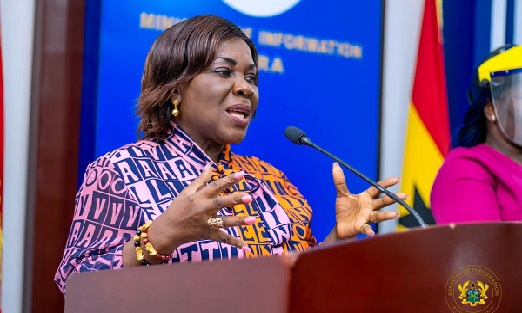The case involving former Sanitation Minister Cecilia Abena Dapaah has taken a new turn—and this time, it’s EOCO that’s back in the driver’s seat. Here’s a breakdown of the key updates in a simple, conversational tone:
1. EOCO is officially back on the case
The Economic and Organised Crime Office (EOCO) has reopened investigations after a formal request from its new leadership. This follows earlier steps by the Office of the Special Prosecutor (OSP), which flagged signs of possible financial crimes.
2. OSP didn’t find direct corruption—but saw something else
The OSP, alongside the FBI, looked into the origin of large sums of money found in Cecilia Dapaah’s home. While no immediate corruption evidence turned up, there were strong signs of money laundering and “structuring”—terms that point to shady money movement tactics.
3. EOCO first declined to investigate
Back in May 2024, EOCO said it couldn’t go ahead with investigations because money laundering requires a “predicate offence”—meaning it has to be tied to a primary crime like theft or fraud. Since that wasn’t clearly established, EOCO returned the docket.
4. New leadership changed direction
In May 2025, EOCO’s new heads asked for the case file again. This move suggested a shift in mindset and a desire to revisit the issues flagged by the OSP, especially around financial irregularities that fall under EOCO’s core duties.
5. OSP has passed the baton
On May 29, 2025, the OSP officially forwarded a duplicate docket back to EOCO. Special Prosecutor Kissi Agyebeng noted that while the OSP’s work ends here, the evidence gathered offers a strong starting point for EOCO to carry out a full-scale investigation.
What this means going forward
The reawakening of this case could signal a more aggressive stance on financial crime—especially when high-profile figures are involved. Whether this leads to charges or clears the air, the spotlight is firmly back on Cecilia Dapaah.

